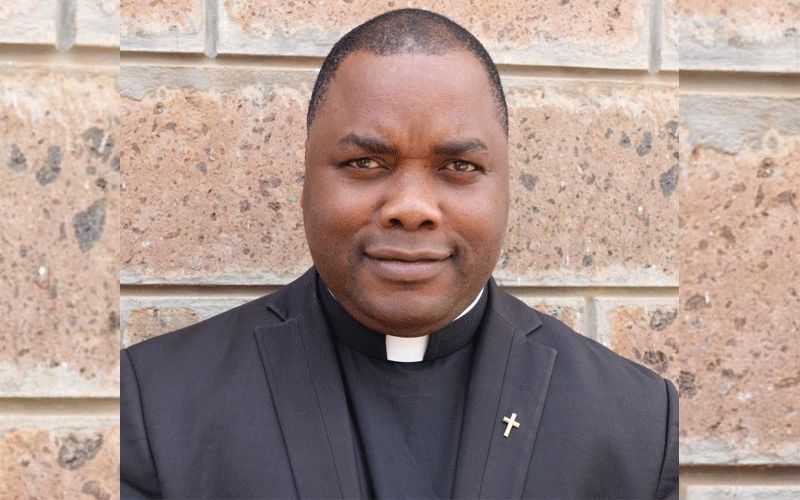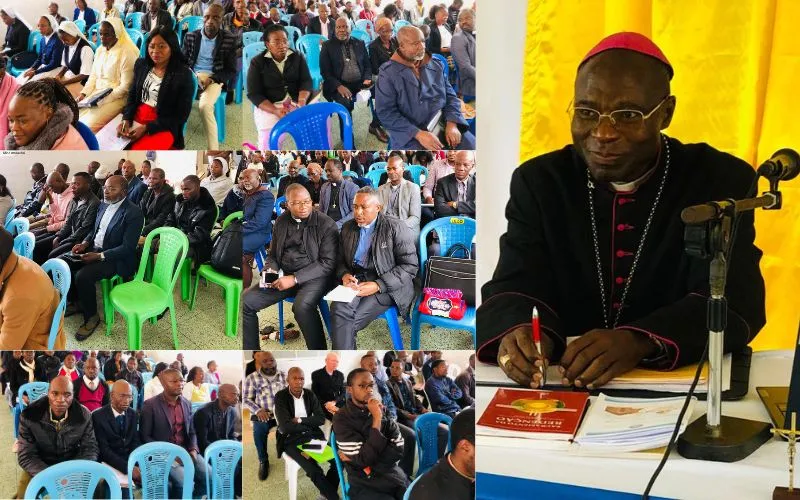“There is no joint effort to tackle the virus. While some priests are really working hard to safeguard the people, there are those thwarting these efforts by encouraging people to live as usual,” he said.
Malawi, on the other hand, started grappling with the COVID-19 pandemic in the middle of elections. Efforts to combat the virus were, hence, politicized, Fr. Emmanuel said about his native country.
“Every move to combat the spread of the virus was looked at from a political point of view,” he explained and added, “The measures that were suggested by Church leaders were not supported by political leaders in most cases. That is why there has been an uncontrolled surge in COVID-19 cases in Malawi.”
In Kenya as well as Uganda, there have been strict measures to combat the spread of the coronavirus, with Uganda announcing the stringent measures even before recording a single case.
The project that is expected to be launched in the first week of August will allow for virtual interactions between counselors and their clients via any form of media convenient to the one seeking the counseling services.
(Story continues below)
“We want to make the counselling as easy as it can ever get, factoring in the safety protocols hence the virtual interactions,” Fr. Emmanuel said, and added, “People will be able to get services of Priests, Religious Sisters, qualified psychologists through WhatsApp messages, SMS, Skype and even zoom meetings on their communication gadgets.”
Apart from one-on-one interactions, the AMECEA pastoral department is also in talks with Catholic media channels especially radio to provide periodic counselling to listeners in a weekly program that will run for four months.
Virtual radio therapy will include slightly over 30-minute programs that will run by two counselors who will select a topic to address every week based on their analysis of psychosocial trends. The topics will cover family life during COVID-19, issues of school-going children who are staying away from school, the experiences of religious people who cannot celebrate Mass in public gatherings, among others.
“Radio therapy will be open to everyone irrespective of their religious affiliations. But for a start, we want to start with Catholic radio because of our financial limitations,” the AMECEA Pastoral Coordinator said and continued, “In future, we may talk with secular radio that enjoys a wider reach to provide these virtual experiences.”
The program will be aired alongside an online engagement with listeners and at the end of the 30-minute presentation, listeners will be allowed to call in for questions and comments.
Additionally, topics covered every week will be available in recorded format on YouTube and on other social media platforms.
Agnes Aineah is a Kenyan journalist with a background in digital and newspaper reporting. She holds a Master of Arts in Digital Journalism from the Aga Khan University, Graduate School of Media and Communications and a Bachelor's Degree in Linguistics, Media and Communications from Kenya's Moi University. Agnes currently serves as a journalist for ACI Africa.








